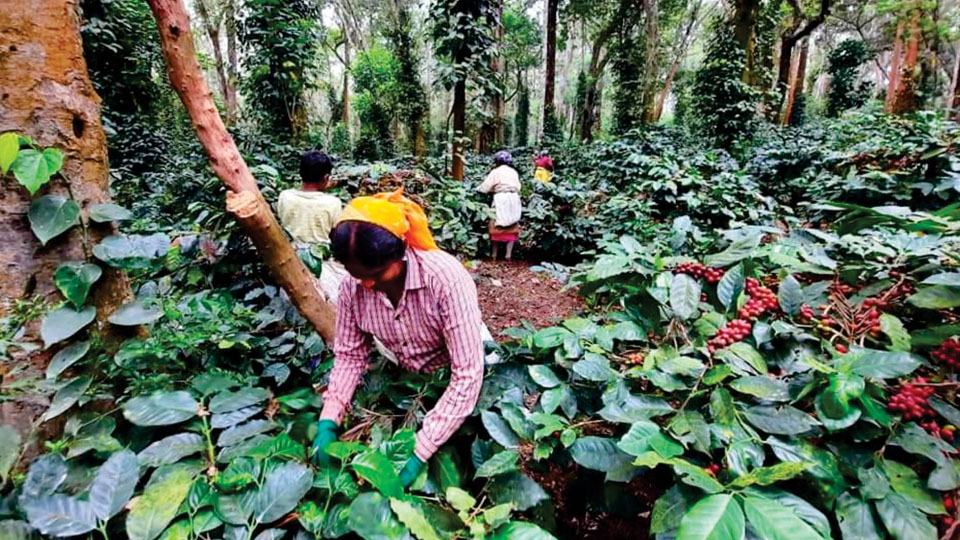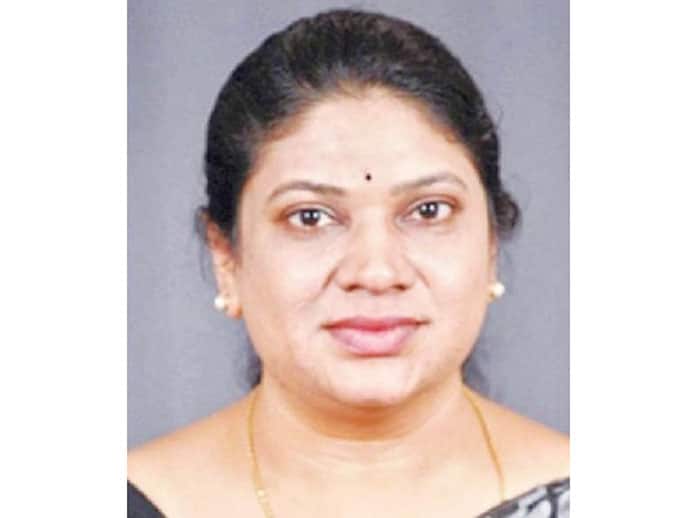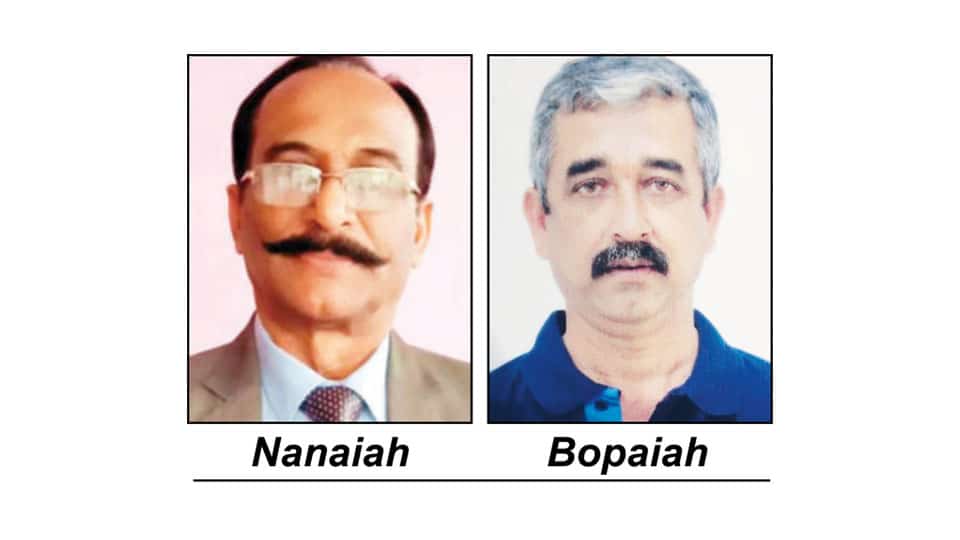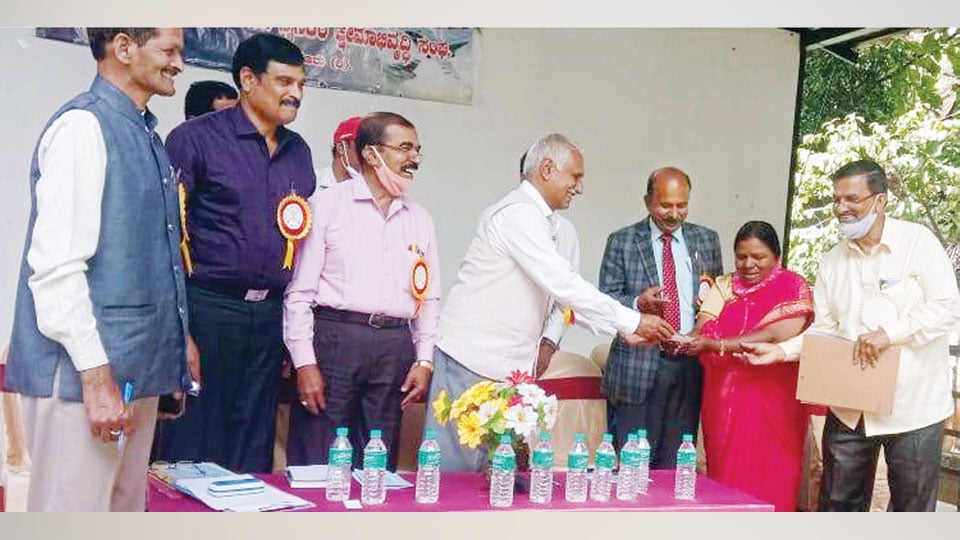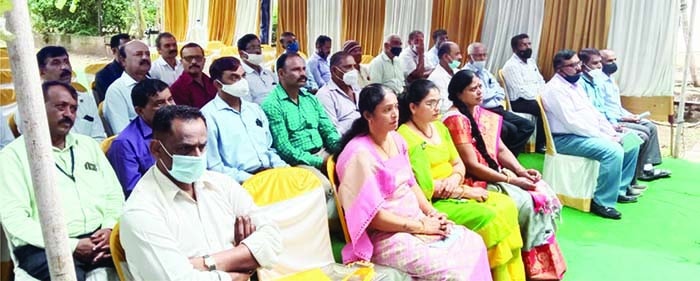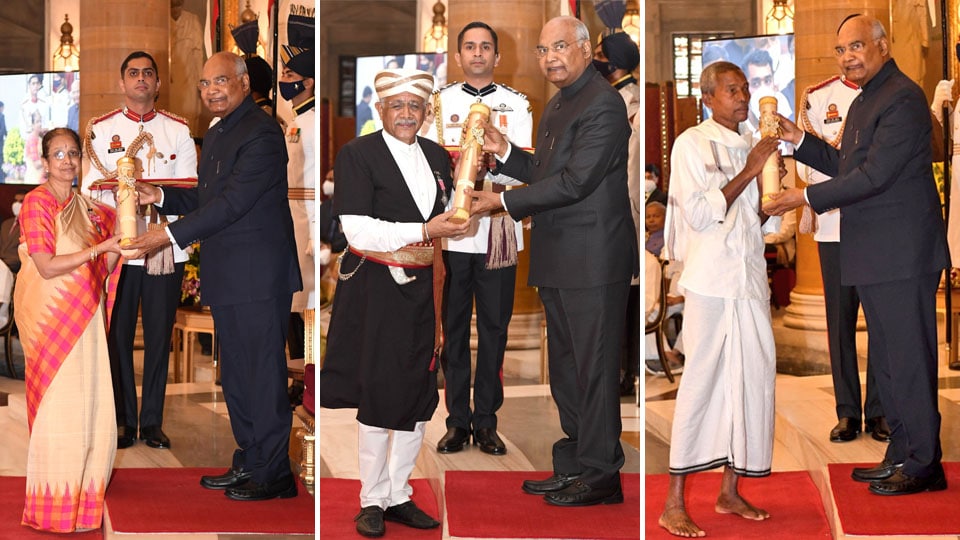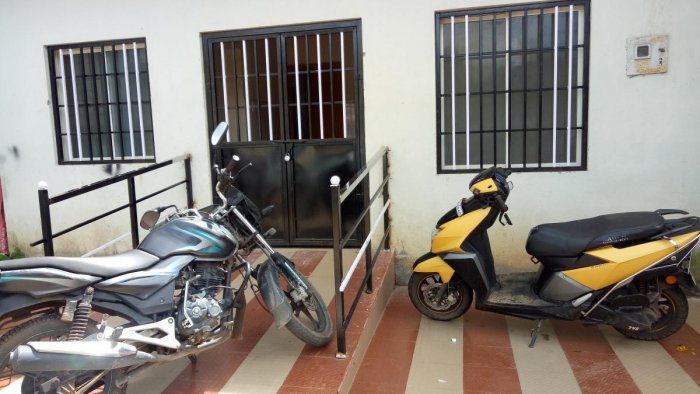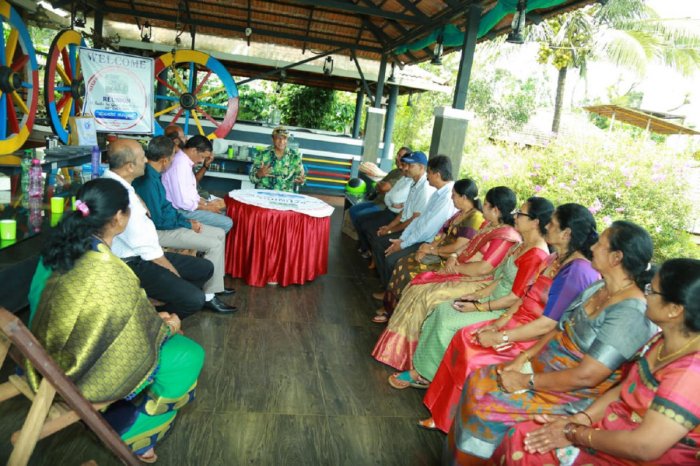With rainfall still continuing to lash parts of Kodagu, the growers are faced with a herculean task of picking the beans in the rain.
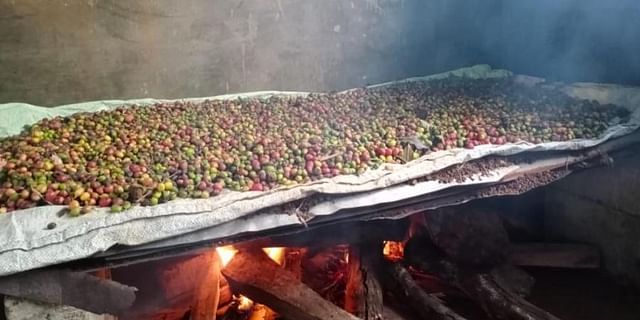
Madikeri :
The change in the weather pattern has increasingly affected the coffee growing sector in Kodagu. As rainfall continues to lash the district in November, the coffee growers are struggling to save what is left of the coffee yield.
The coffee picking season for Arabica variety begins in November and the picked ripened beans are to be dried under the sun. However, with rainfall still continuing to lash parts of Kodagu, the growers are faced with a herculean task of picking the beans in the rain. Further, the collected beans cannot be dried in the rainfall and many growers are building make-shift stoves to save the ripened beans.
K Vikas, a coffee grower in Makkanduru village has raised a make-shift stove to dry the ripened coffee beans. Coffee beans, which are usually dried under the sun, are now being dried on a wood fire stove. “The bad weather condition has forced us to take this non-traditional method of drying coffee beans,” Vikas explained.
Meanwhile, the ripened beans without drying do not possess any demand in the market and are not bought by the traders due to the existing risks concerning the weather. “The coffee curing centres will not accept yield that has a mixture of ripened and unripened beans; the cost of separating these two beans cannot be managed by the growers in the current scenario. The curing centres are also sceptical about purchasing un-dried coffee following the present weather condition,” explained BN Ramesh, a coffee trader in the district.
The unseasonal rain had already inflicted heavy loss to many growers as the coffee plants witnessed increased droppings and rotting. The continuation of rainfall in the month of November is now threatening to wipe out what is left of the crop damage.
source: http://www.newindianexpress.com / The New Indian Express / Home> States> Karnataka / by Pragna GR, Express News Service / November 14th, 2021
